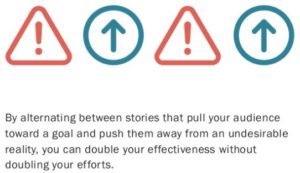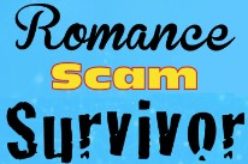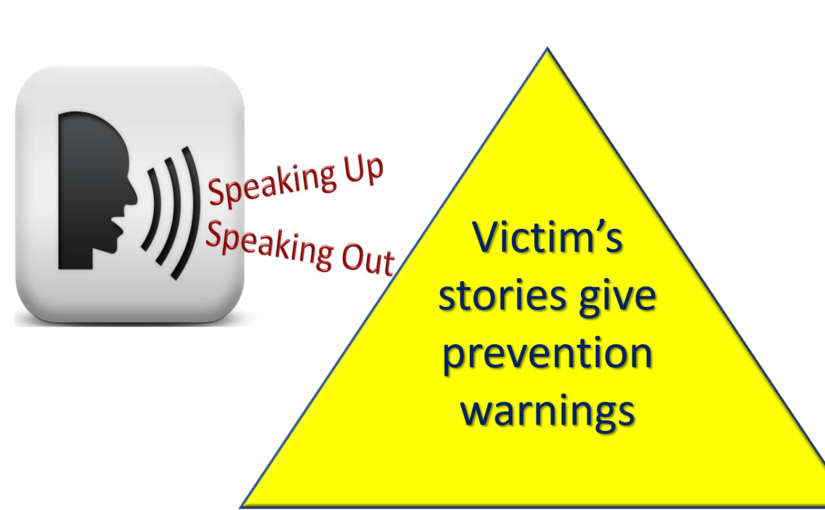I woke up with an insight the other night. I was part of a group brainstorming with Consumer Affairs Victoria. They want to do something about romance scams and were looking at intervention points. The insight I had is that one of the biggest resources for prevention messages is scam victims, yet it is virtually untapped. I’ve been saying for some time that more needs to be done for romance scam victims. There is currently very little done for or with them. Yet they have great stories to tell.
They are encouraged to report their scam to ScamWatch or ACORN, and they might get an automated response back with no identifying name, but to the victim, there is very little indication of anything else happening. They are left alone to deal with the grief, the shame, and the often devastating financial circumstances. They suffer through depression, low self esteem, lack of self worth, as well as sometimes suicidal thoughts and actions. I know this from personal experience, and from the many contacts I have with victims who tell me this, saying they are still in this state even many years after they have been scammed.
Some reported cases are referred to local (state based) police or fraud squads, but again, very little seems to happen, as they come up against the difficulty of dealing with overseas jurisdictions. Again, even if victims have the evidence of emails and other contacts with their scammers, little seems to be done.
I started up a victim support group on Meetup early in 2015, and held a number of meetings to cater to the flood of members who wanted to talk about what had happened. Numbers dwindled though, perhaps because again nothing happened apart from being able to talk about what had happened to them with people who understood. In my mind talking is a therapeutic exercise, leading to self awareness, and helping to overcome the shame of what has happened. Today even though I still get people who want to be members, few come to meetings I have scheduled.
Many of you have contacted me directly via this site, just to say hello, and that you were also scammed. Some of you indicate that you are still in distress, years after the scam. Some have added their story to the Victim’s Stories page or comments below.
Last year, the numbers in Australia who reported romance scams to both ScamWatch and ACORD lost over AU$42 million. It is estimated that this could be as little as about 10% of what is actually happening.
Unfortunately, the number of people who are willing to speak out about what has happened to them in a scam is very small, largely because of the shame heaped on them which implies that they are responsible for what happened to them. What we now know as ‘victim blaming’ is endemic with romance scam victims, and is evident in expressed attitudes such as “How could you be so stupid?”
What is wrong in this attitude is twofold. Firstly, it ascribes stupidity to the person, and makes them into a faulty person. Not nice, especially when many of the victims I know are intelligent capable people. Calling them stupid is factually wrong! Secondly, it places responsibility solely on the victim, and none on to the perpetrator. I believe, even proclaim, that really the perpetrators should be called criminal fraudsters, and should be called out for their ability to skilfully manipulate people, including manipulating their emotions, so as to part people them from their money against their will. They are the criminals in this interaction.
I say “against their will”, because I believe scammers create a state where victims loose their ability to be rational about what they are doing. Victims may action the step of sending the money, but I myself, and many victims that I have had contact with have little or no understanding of why we have overridden any concerns or warnings or discrepancies in scammer stories that we have noticed. Even after a scam when we look back, it is difficult to see why we have done it. The manipulation of has been subtle, and profound, and leaves us prone to self blame that victim blaming magnifies.
I put victim blaming attitudes into the same bucket as attitudes to rape 30 or 40 years ago when the woman was considered responsible if she was raped, especially if she had had a drink, worn a short skirt, or was out alone at night. This attitude has swung around to a place where the responsibility is placed more squarely today on the shoulders of the rapist, and there is more understanding of the power dynamics involved in a rape. Similarly, I hope that attitudes to scam victims will in time swing around to place the responsibility firmly on the shoulders of the scammer, and this is enhanced by a better understanding of the power games embedded in the emotional manipulations that they undertake. It is not the victim’s fault. Similar to a rape victim, scam victims have been used and abused, including sometimes (cyber)sexually.
But I digress. Whilst the number of reports of romance scams is small when compared with many of the other types of scams reported, which have mostly lower conversion rates, and lower amounts lost. We are becoming familiar with stories about the threatening phone calls from supposed government agencies with threats of police action if overdue moneys are not paid by iTunes cards of all things. We are also familiar with stories about calls from supposed phone companies saying our computers have been compromised, and they need access to them and moneys paid to make them safe again, whilst at the same time our identities are stolen. There is not the same shame stigma placed on victims of these scams, and often I hear talk about near misses, or someone realising it is a scam and stringing the scammer along.
 The point I am making is that stories are powerful, and the more people talk about them, in a non-judgemental way, the more people are warned against these scams. We educate each other on how they occur, and how to avoid them, and this becomes a powerful education process. We are most likely to take the recommendations of friends (except when caught inside a romance scam, when we reject the warnings of friends).
The point I am making is that stories are powerful, and the more people talk about them, in a non-judgemental way, the more people are warned against these scams. We educate each other on how they occur, and how to avoid them, and this becomes a powerful education process. We are most likely to take the recommendations of friends (except when caught inside a romance scam, when we reject the warnings of friends).
Dr Cassandra Cross does indicate from her research that scammers are very good at morphing one type of scam into another on the fly to suit their victim. So as we tell our stories as victims, we need to be clear that all scams are not the same, and to emphasise that small differences do not invalidate the assessment that it is a scam. Stories, as they are told, need to emphasise the process, and the common elements, rather than the detail. We already know these, as red flags, but we also need to be aware that these are also changing.
I used to say “do not go with someone who is not local”. Now scammers are better at setting up a local looking phone number and address, so even if it’s a lie, it makes them look local and therefore more acceptable. They will still however, find reasons to not be able to meet their victim in person (because they are really overseas).
I used to say “watch for the grammar and English usage”. Now, they are more aware of this and because their content is often scripted and reused again and again, they have corrected many of these little indications that it could be a scam.
It used to be that many of the contacts were via online dating sites. Now there is an increasing number happening via social media sights, where it is easier to get through the threshold of becoming a friend first, then developing relationships. I know of one victim who began chatting with someone she was playing Words with Friends with online, about the game initially, but over time, this grew into a full blown romance scam. So we must always be aware that approaches and methods change.
We need more people to tell more of their stories. in order to achieve this we need to find a way to help them deal with the shame, and to begin to speak out, to educate others as to the dangers and the consequences of getting caught in a scam. And to speak out as a deliberate strategy to increase knowledge of security issues, scams, how to identify them early, and how to deal with the consequences if caught in one.
I’m working on how to do this… more to come.


My 77 yr old mother fell prey to a romance scam that started on Words with friends on Facebook. Three months and 4 different scammers later having taken over $10,000 CAD of her money I still cannot find resources in Canada to help me. I just found your blog today and find the info in it to be helpful. I like the idea of starting up a meetup group for victims and families of Victims. Any information on how to get my mother out of this brainwashing would be gratefully accepted. I feel like i’ve lost my mother completely to this.
Hi Jackie, so sorry this has happened to your mother.
Here is the detail for Canada:
Canadian Anti Fraud Centre (CAFC) Canada: A call centre for victims of fraud across Canada http://www.antifraudcentre-centreantifraude.ca/english/index.html
Apart from reporting however, I do believe there is little in the way of support for victims and their families, in any country.
Unfortunately, It is very difficult to break through to someone who is in or has been in a scam.
Does she understand that she has been scammed? That will help with what I suggest, but there is no silver bullet with this.
Jan
Hi Jan.
I was scammed of 400k by three scams whilest living and working overseas. Tried to keep it hidden from family thinking it would work out. Lost my job and all my savings. There were 3 scams no 1 was a love scam no2 was a helping scam. Three was a detective scam.Its a horrigic thing to cope with. Still struggling